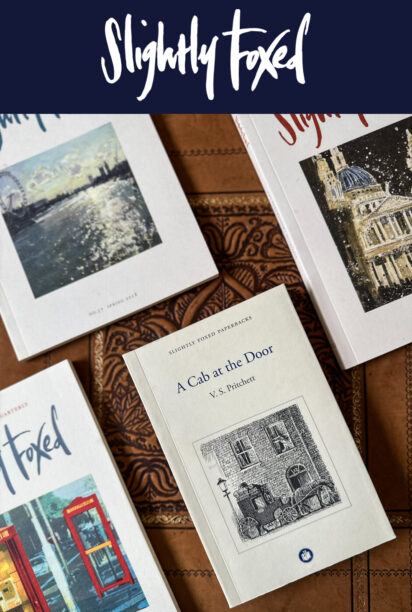With a rich historical sweep and a host of narrative voices, this ambitious novel by Matthew Neale tells the story of a voyage to look for the Garden of Eden in Tasmania and the rapid decline of that island’s indigenous population of Aborigines.
Reviewed by Penelope Lively in Slightly Foxed Issue 57.
A Tasmanian Tragedy
PENELOPE LIVELY
Matthew Kneale’s English Passengers (2000) has to be called a historical novel; it is set in 1857. Now, I have a resistance to the historical novel, but this writer is one of those, along with J. G. Farrell and John Fowles, who redeem the genre for me. The book was a prize-winner when it was published in 2000 but I feel it may be undeservedly overlooked today, perhaps because Matthew Kneale is a costive writer, with only a couple of other novels appearing since. To compensate for that, English Passengers is a masterpiece, an achievement of such complexity, ingenuity and sheer narrative power that each time I reread it I am newly surprised: how can a writer have thus conjured up the wildly conflicting attitudes of another time, another place, with such persuasive force?
This is an instance of what is called the multi-voice novel – in spades. There are various voices – fifteen or more – but a small handful of crucial ones power the story. Three mid-Victorian gentlemen have chartered a ship crewed by Manxmen with the purpose of sailing to Tasmania. Two of them are obsessive to the point of mania: the Reverend Geoffrey Wilson is convinced that Tasmania is where the actual site of the Garden of Eden can be found; Dr Potter, a surgeon, has a sinister and perverted interest in racial types. The third member of the party, Timothy Renshaw, is a young botanist, propelled by his father to join the expedition in the belief that it will be a character-building experience . . .
Extract from Slightly Foxed Issue 57, Spring 2018
A Tasmanian Tragedy
English Passengers is a masterpiece, an achievement of such complexity, ingenuity and sheer narrative power that each time I reread it I am newly surprised: how can a writer have thus conjured up the...
Read more





